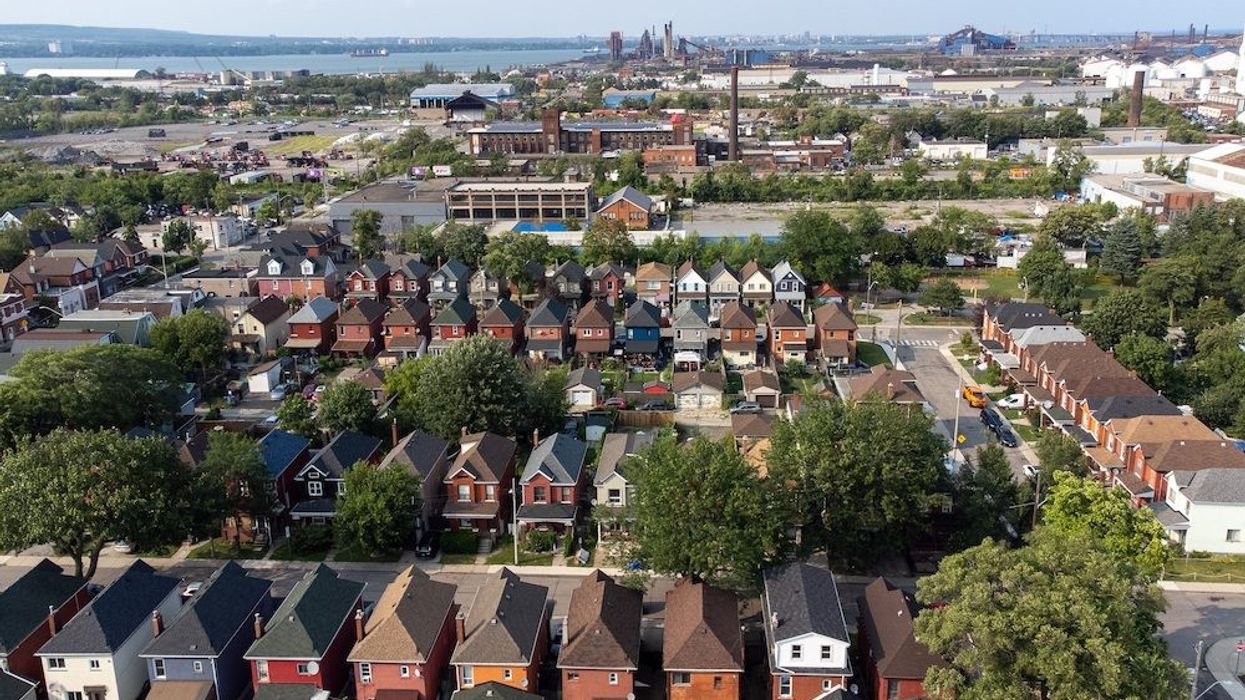The Government of Ontario is sending controversial Bill 97 on its way to receive royal ascent.
During Monday's legislative session, the bill, dubbed the Helping Homebuyers, Protecting Tenants Act, was carried amid pushback from Ontario municipalities and residents alike. The bill will see a number of changes made to rules governing housing and development as part of the government's push to get more homes built in Ontario.
Most notably, it gives cities the power to expand their settlement area boundaries in order to build more housing. Municipalities will have flexibility to decide when and where to expand such boundaries, allowing more homes to be built in rural areas.
Bill 97, introduced by the Ministry of Municipal Affairs and Housing in early April, also outlines a number of new protections for tenants, including the right to install and use portable air conditioners (although landlords will be allowed to raise rents to compensate for additional hydro costs). The bill also doubles the fines for offences under the Residential Tenancies Act, including bad faith evictions, to $100K for individuals and $500K for corporations.
Tenants will also be given a 60-day grace period to move back into a unit if they've been displaced for renovations, and they will be guaranteed the same rent price they were paying before.
For homebuyers, there will be a review on a possible cooling-off period for freehold homebuyers.
A few of the bill's sections, however, have raised red flags for some. A report released last month from Toronto’s Chief Planner and Executive Director of City Planning warned that a section of the bill would allow the Minister of Municipal Affairs and Housing to impose limits and conditions on municipal rental replacement requirements, and to prescribe the amount of compensation to be paid to tenants, and in what circumstances. In Toronto, where developers demolishing six or more rental units are required to replace them, this could lead to thousands of lost rental units if the protections are removed.
RELATED: Ontario Not Moving Forward With Proposal To Sever Farmland For Housing
Ontario's agriculture sector took issue with a part of the bill that would see farmlands severed into smaller residential lots, with up to three residences permitted per parcel. The move was intended to support the multi-generational nature of farming, but was met with backlash from the industry, with 14 organizations urging the government to reconsider the proposed actions, which they noted would “severely threaten local farmland protection.”
And reconsider they did, dropping the proposal to sever rural lots from the bill late last month.
Those in the real estate and development industries, however, appear to be supportive of the bill. The Ontario Real Estate Association (OREA) issued their congratulations upon the bill's passing, highlighting a section that provides funding to help clear the backlog at the Landlord and Tenant Board, as well as the bill's cutting of red tape around developments.
"Today’s initiatives are a step in the right direction, most notably through intensification around major transit stations, making it easier to convert commercial properties into housing, and rolling back exclusionary zoning," OREA CEO Tim Hudak said.





















